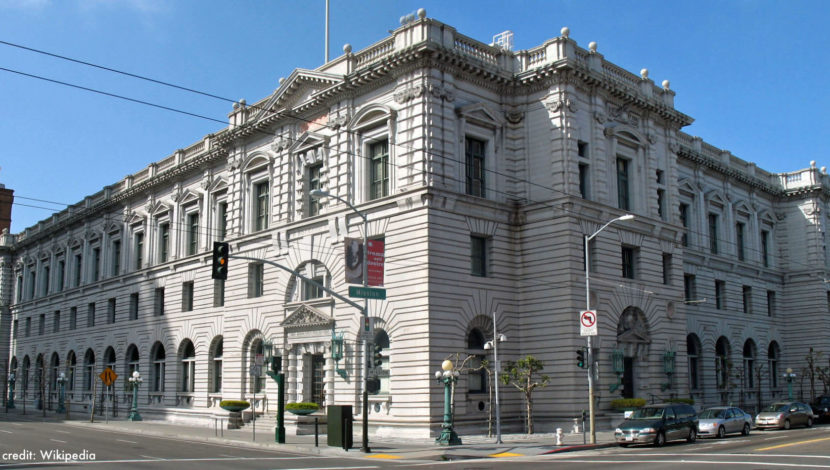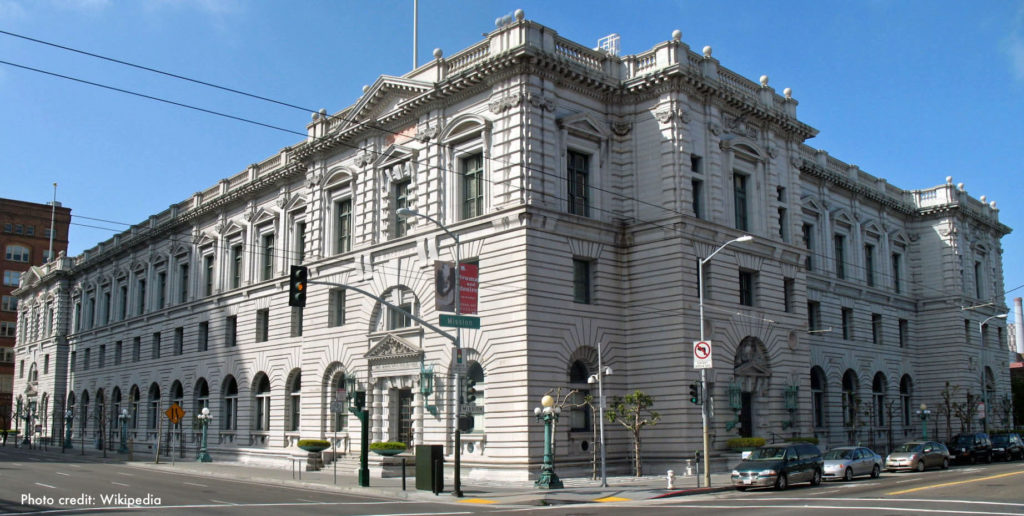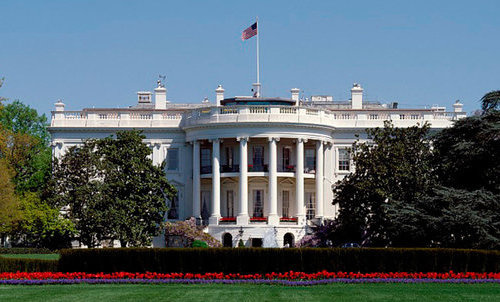The Unitarian Universalist Service Committee advances human rights through grassroots collaborations.
Rights, Rulings, and Raids: Unpacking Recent Events

By on February 17, 2017
The past two weeks have been an emotional roller coaster of partial victories and terrifying setbacks for immigrants, refugees, and their allies. While we have felt confusion and fear, for the work ahead we need clarity and hope.
This series aims to put recent events in context by looking closely at positive signs for the future, some of our deepest challenges, and the work that remains.
The “Muslim ban” order is defeated (for now)
The Trump administration’s notorious “Muslim ban” has been handed a series of well-deserved defeats in the courts over the past two weeks. On February 3, a district court judge in Washington issued a temporary restraining order that forbids the Trump administration from implementing the ban. Later that week, the Ninth Circuit Court of Appeals upheld that decision. On February 13, a district court in Virginia issued a similar ruling. And yesterday, the government announced that it would not appeal the Ninth Circuit’s decision, effectively conceding defeat. While litigation on the constitutionality of the ban will proceed in the Washington State district court, the administration is signaling that it has all but abandoned its defense of the original order.
This was a great, if temporary, victory for refugees, immigrants, and advocates, including UUSC. Every day that the government is prevented from carrying out the executive order is a day that family members can reunite in the United States, refugees can continue to reach safety, and our founding principles are shielded from the administration’s assault on due process, equality before the law, and religious freedom.

Hope for the future
The fight against the ban is far from over. The administration claims to be working on a new draft of the executive order, which will accomplish many of the same invidious ends but be less vulnerable to legal challenge. Moreover, if the order is voluntarily rescinded by the president without being decisively thrown out by the courts, there is no guarantee that it won’t be revived.
The good news is that the Ninth Circuit’s 29-page decision reaffirmed three fundamental principles of our democracy that will continue to serve as a roadblock to similar executive orders in the future. They offer a firm position from which to challenge all efforts to sneak discriminatory orders past the courts, regardless of the specific form these will take.
-
The president’s control over immigration and national security is not absolute.
While the executive branch has considerable discretion in matters of foreign policy and immigration, it is still subject to the constitution. In its brief, the government argued that the president’s travel ban was “unreviewable” by the courts. However, the judges flatly rejected this claim, saying that it “runs contrary to the fundamental structure of our constitutional democracy.”
The president does have latitude to restrict immigration in the interests of national security, but it must be based on an actual analysis of the risks involved. It cannot serve as a blanket cover for discrimination or for violations of human rights. At this point, the government has not provided sufficient evidence that the refugee and immigration programs the executive order assailed pose a genuine security risk.
-
Everyone has constitutional rights, even if you are a non-citizen and/or undocumented.
One of most the important sections of the U.S. Constitution is the 14th Amendment, which states that the government shall not, “deny to any person within its jurisdiction the equal protection of the laws.” While non-citizens are not afforded the same rights as citizens, courts have long held that there are limited constitutional protections for all people in the United States, regardless of immigration status.
The government tried to deny this fact in defending its travel ban, arguing that only U.S. citizens could raise constitutional challenges. The judges sharply dismissed this assertion, thereby reaffirming a fundamental civil rights principle.
-
Discrimination, even when disguised, is still illegal.
In defending its actions, the government tried to assert that the travel ban had nothing to do with the president’s oft-repeated demand for a “total and complete shutdown of Muslims entering the United States.” This runs contrary to Trump’s own campaign website, as well as to a close advisor stating that Trump himself called it a “Muslim ban” and asked for guidance on “the right way to do it legally.”
In fact, Trump’s expressed intention to discriminate against Muslims on the campaign trail does matter greatly to this case, even if the administration now argues that no such intention existed at the time of the order. As the Ninth Circuit’s decision states: “[C]ircumstantial evidence of intent, including the historical background of the decision and statements by decisionmakers, may be considered in evaluating whether a governmental action was motivated by a discriminatory purpose.” (Emphasis added).
Finally, a law or regulation that is “facially neutral” may still be harmful and discriminatory against a particular group of people, and thus unconstitutional. For the same reason that states cannot get away with attacking minority voting rights through “poll tax” laws that don’t specifically use words like “race,” “black,” or “white,” the president likewise is not permitted to target Muslims, simply by avoiding the use of specific terms in his executive orders.
What happens next?
The “Muslim ban” executive order is one piece of a multi-pronged assault on immigrant and refugee communities. At the same time that advocates have been celebrating the temporary defeat of one executive order, the effects of two others are being felt in communities across the country, in the form of terrifying raids and restrictions on asylum-seekers that threaten the safety of us all.
Part two of this series will examine ongoing consequences of the immigration executive orders at the U.S.-Mexico border and in cities across the country.
